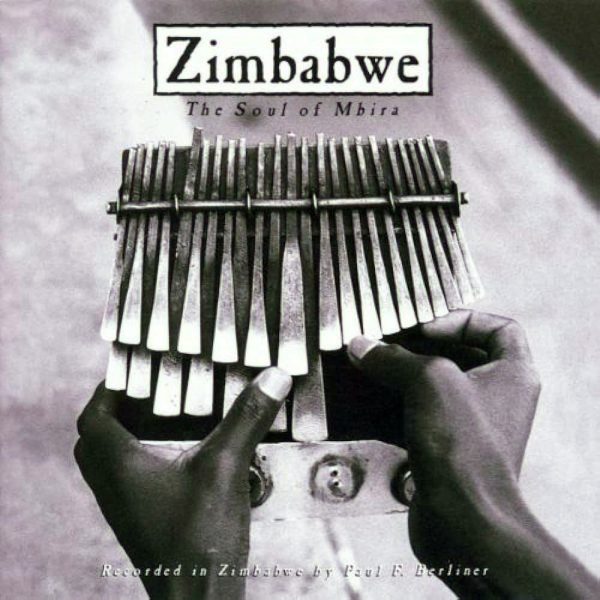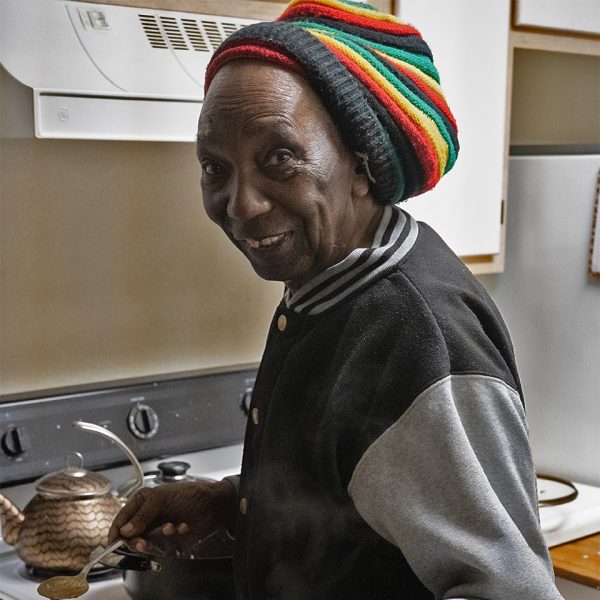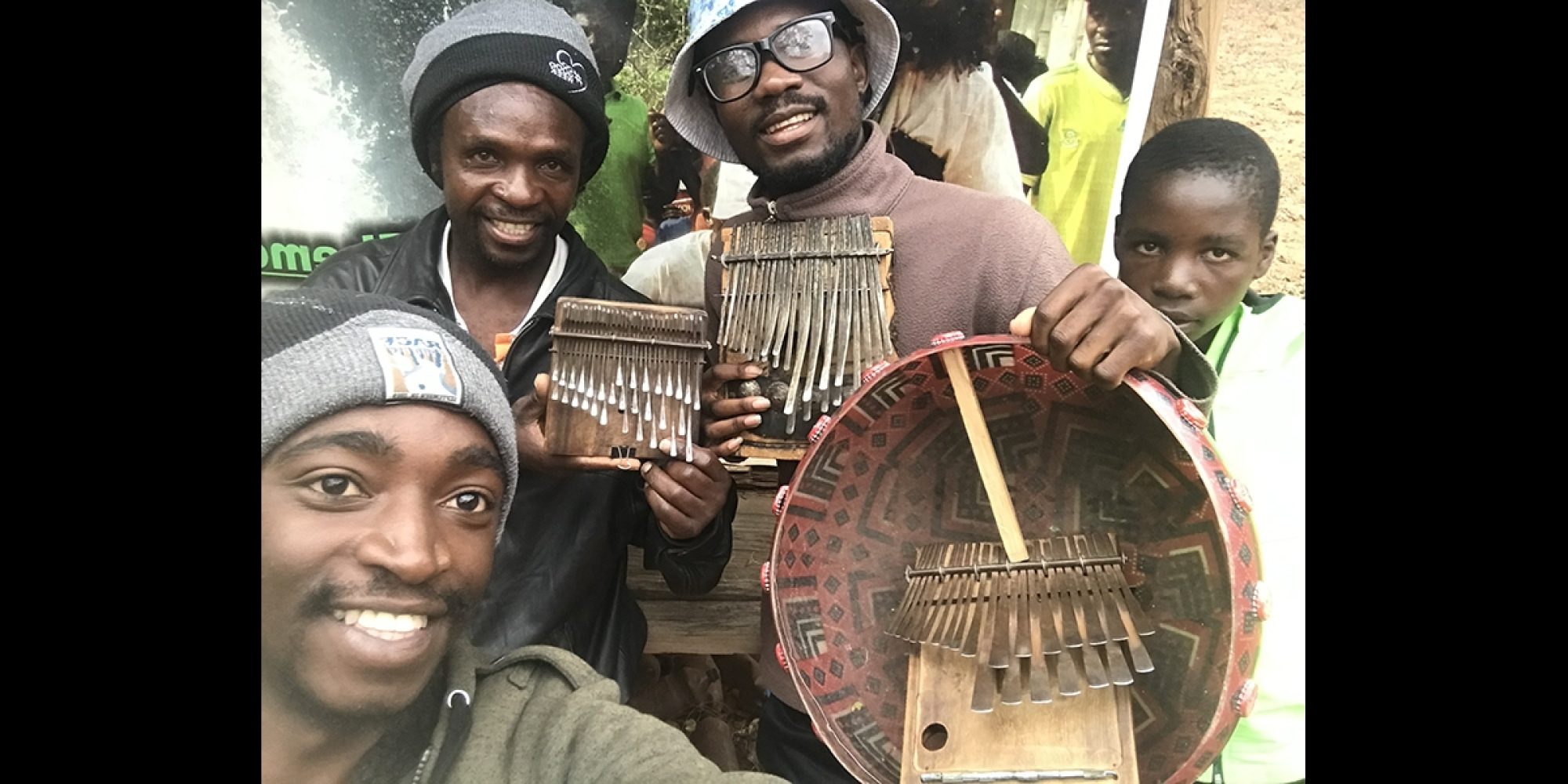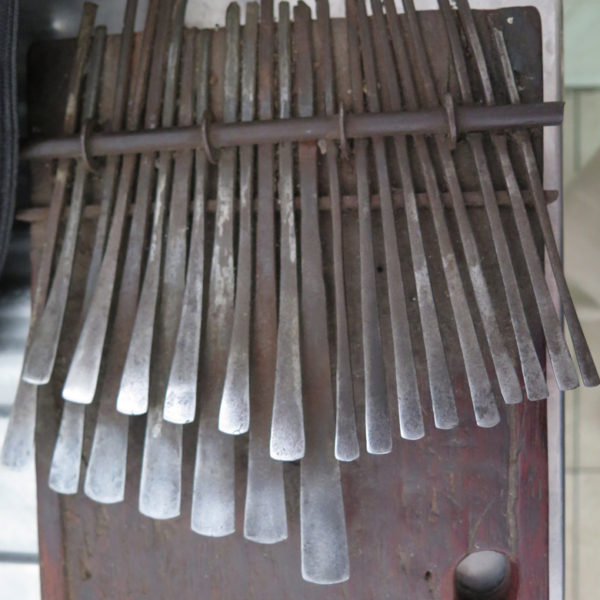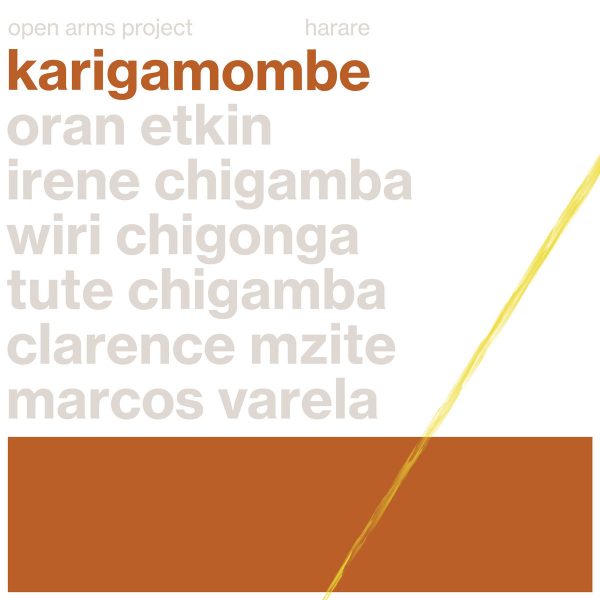Music is Culture is an unusual organization, dedicated to preserving and nurturing at-risk cultures around the world. Among their projects is one focused on the Ndau ethnic group in southern Zimbabawe, and their music tradition, most notably the mbira dzaVaNdau, the lamellophone unique to this group. Afropop’s Banning Eyre spoke with Zack Youcha of Music is Culture to learn more about this project. Here’s their conversation.
Banning Eyre: So Zack, good to meet you. Tell me about this project.
Zack Youcha: Well, I started this nonprofit publishing house and record label. We're focused on doing community-based music documentation around the world, finding people who are part of a community that’s under threat of cultural erosion, especially as it pertains to music. We are looking to do good work, to record what's there, document what's there, and bring it back to the community and also to the world. The model is raising funds for people doing these projects, and then being the guaranteed publisher at the end of their work.
So the project that I contacted you about is taking place in the Chipinge region of Zimbabwe, focused around Ndau musical instruments and composition, style and traditional repertoire.
Where are you based?
New York City. I'm in Manhattan.
Ah, not far. We’re in central Connecticut. Let's talk about the origins of the Ndau project. How how did you get interested in that particular niche?
Actually, I went to school with Anesu Ndoro, the guy running it. We were friends in school, and we kept in touch loosely. I was doing Sephardic music preservation in my own community, and we would swap stories. He had started a youth music group at the school where he's a teacher, and he was starting to work with various Sukurus (elders) in the area. So when I started this, I reached out and said, “Hey, Anesu, I think you'd be a perfect person to take the lead on one of these.”
So he's a Zimbabwean, from that region, and you were in school together. In New York?
No. In Portland, Oregon. At Reed.
Cool. My grandmother taught philosophy at Reed, about a thousand years ago…
Oh, wow!
And of course, there’s a lot of Zimbabwean music activity in that part of the country.
Yeah, in Eugene especially.
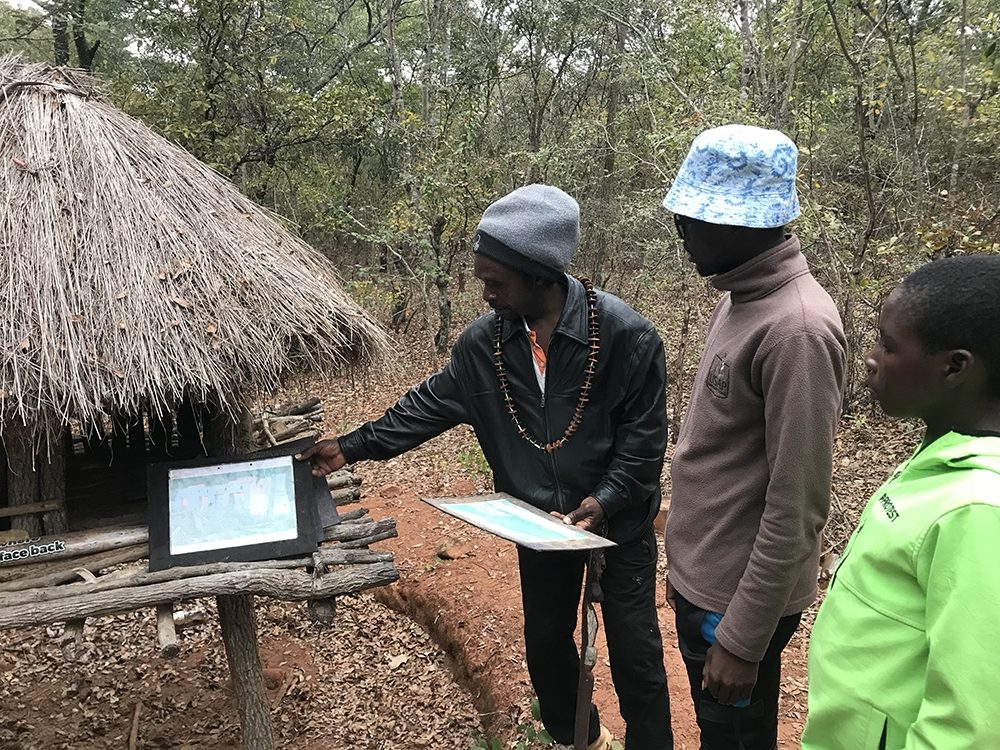
So have you gone to Zimbabwe to experience Ndau culture firsthand?
I have not. I would love to. I’m in conversation with a tool company here in the States, and they make bandsaws and all sorts of stuff. But they use a lot of spring steel for their tools, which is great for mbiras.
Oh, for the keys, the prongs.
Exactly. So Anasu is doing this work with Sekuru Solomon, and they're running out of steel for making instruments. So I might be flying over there with a suitcase full of bandsaw blades donated by Starrett to help them out.
That's fascinating. So this is mostly about mbiras. Are there other instruments involved?
Yeah, there are a couple of others. There's a woodwind instrument and some percussion, but it’s mostly centered around the mbira dzaVaNdau. And as far as anyone knows, Sekuru Solomon Madhinga is the last master builder of this instrument. So we want to make a building guide and record the traditional repertoire on the instrument with the dances. Anesu is also making a sort of music theory the instrument, recording Sekura Madhinga talking about how to compose for it. You can switch keys out to play different styles and in different tunings. But to switch the keys, you have to know the correct way to do this. That stuff is at the center of the project.
Are there any young people, even a handful, who are interested in learning this stuff from Solomon?
Yes, there are. Anesu is one of them. And then, there are Solomon's kids. Anasu teaches at a boarding school in the south of Zimbabwe, and what he found is that there were a lot of Ndau kids there. So he brought Sekuru Solomon to play for them one time, and they went nuts. They’ve been pestering him ever since on WhatsApp. “Will you do a call with me and teach me this rhythm? Teach me this melody? Can you video yourself doing this dance?” You know they're really hungry for it?
Wonderful. I know there are a lot of different kinds of mbiras. Most people in the U.S., if the know anything about mbira, they know the mbira dzaVaDzimu, the one used by most of the mbira pop bands. That was the focus of Paul Berliner’s book The Soul of Mbira. I recently met a fascinating Zimbabwean musician who goes by the stage name Mangoma. I don't know if you know him, but he specializes in playing all the different kinds of mbiras.
Is that Othnel, Moyo?
Yes. That’s him.
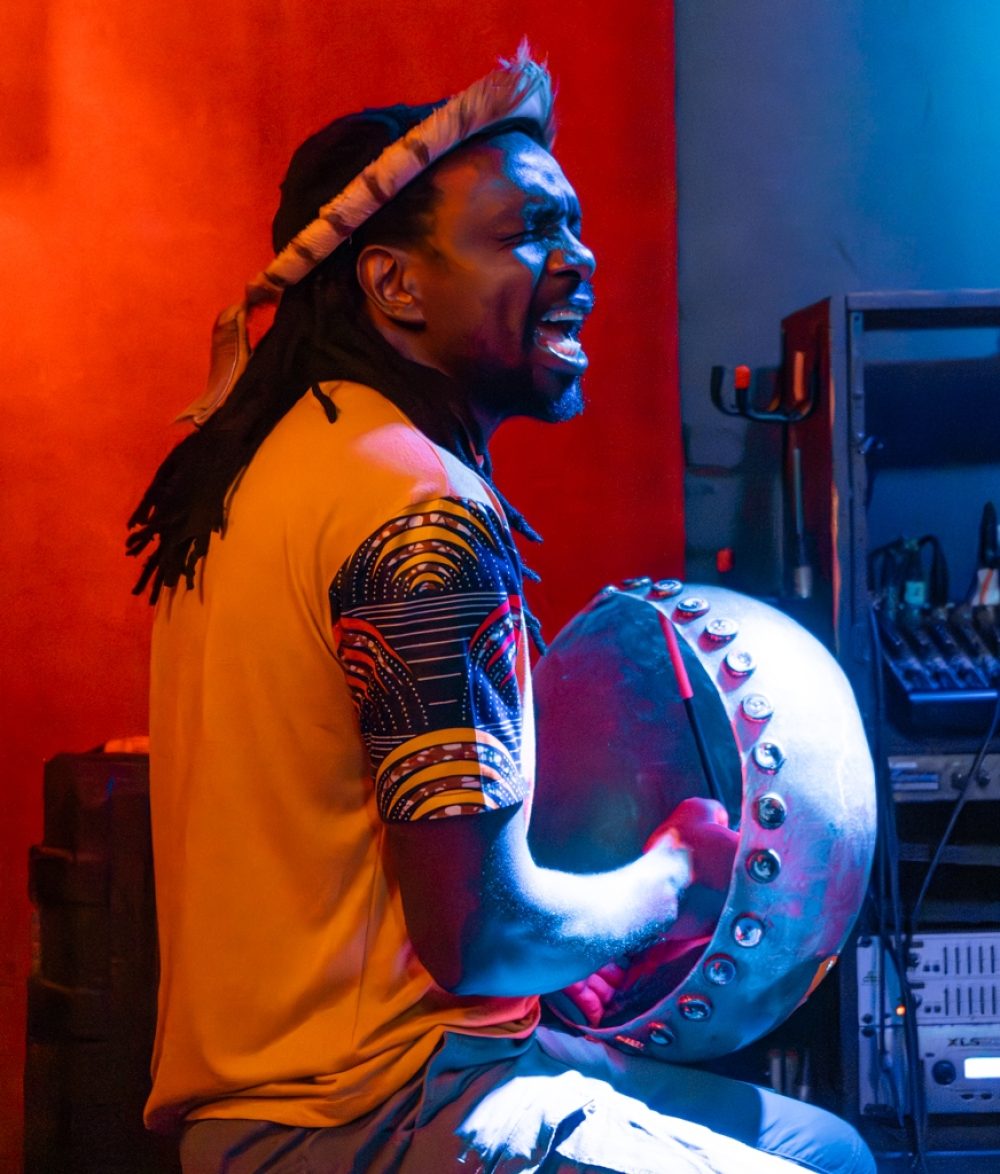
He’s incredible.
Yes, fantastic. We did some shows with him in New York last year. So he's one voice out there that is championing the larger family of mbiras. And your project is focused on one of them. What can we say about the Ndau mbira that sets it apart?
Well, it has a different tuning than most other ones. And it's got this ability to change tunings by switching out keys. So a real master player of the instrument travels around with a bag full of keys, pulling them out and putting them in order to play different songs.
That is unique. I've never seen that. And I imagine there’s a traditional repertoire of music that goes with this instrument, too, right?
Yes. There's a ton of traditional songs. And also, from what I've been told, there's a different style of composing that varies heavily from the general Shona style.
What language do these musicians speak?
They speak Ndau, which is pretty similar to Shona, but it's a little different.
So Ndau is a Shona-adjacent subgroup. How big is the Ndau population is of Zimbabwe?
It's pretty small. It's just on that southern border with Mozambique. I don't know the exact number, but it’s small.
Right. So the idea is to bring attention and prominence to this subculture, and also to inspire young people to take up the tradition through media, mentoring, workshops and so on.
Yes. Exactly. I'm trying to sponsor a couple of workshops at different schools and Ndau community centers, and then at the National Archive in Harare, as well.
You are probably aware that there is an active community of mbira people in the U.S.. I think they mostly play the mbira dzaVaDzimu, or else the smaller nyunga nyunga variety. But they have a strong network and sometimes sponsor visiting artists from Zimbabwe. In fact, that’s how Mangoma came here.
Yes, I’ve been in touch with Nora Balaban in New York.
Great. My compadre from the band Timbila.
She’s the one who referred me to Mangoma, and she also referred me to Jennifer Kiker.
Well, you’re in good hands then. Those are two real champions of mbira music.
And then I know Tony Perman at Grinnell. He wrote an article about this mbira in the past, discussing how it's on the verge of disappearing, and how important it is to Ndau culture.
Excellent. So is there anything else that people should know about this project?
Well, for me, it’s one of those cases where you have this person in Sekuru Solomon who has all this knowledge and talent. And his family story is pretty incredible. The Ndau faced a lot of oppression in the colonial period and also in the post-colonial period. They're on the fringes of Zimbabwean society, being the small Shona-adjacent ethnic group, and against those odds, Sekuru Solomon's family was able to hold on to this tradition of building instruments and music and dancing.
So, you know, the iron is hot. He's here. He's got all of his faculties. And it's really time to create this type of document so that Ndau people can have it for future generations, and the world can benefit from it.
Well said.
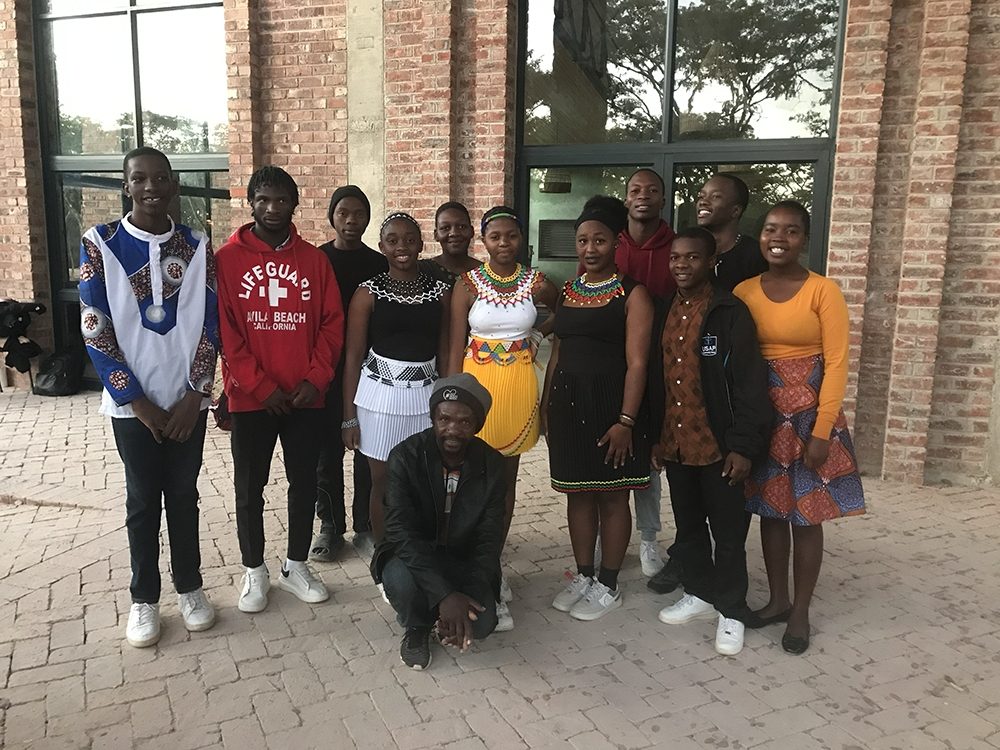
Just for context, how many projects have you got going, and what are some of the others?
We have three projects now on our website, and we have two on the back burner. Other than Ndau, we have one in New York with Ara Dinkjian and Harout Arakelian. Ara is an Armenian musician, composer and oud player, and Harout is a historian, writer and video editor. They are avid 78 collectors, and over their lifetimes, they’ve collected some 7,000 Turkish and Armenian 78s.
Wow!
And they've put together a discography of every Armenian 78 made in America. They have amazing insider knowledge, being community members and really knowing the descendants of these musicians. And so they're able to add family photographs and biographic data. And Ara, being a trained Armenian musician himself, is able to add instrumentation details and things that aren't on the label, things that he can just hear. And so this discography is much more than just a catalog of Armenian music in America. It's really a history of the Armenian recording industry.
And then the other project is with Fahad Harbo Kheder, a Yazidi musician in Sinjar in Western Iraq. He's a survivor of the 2014 genocide by ISIS against the Yazidi communities of Iraq. He survived the genocide, was a refugee in Syria for a while, and came back to Iraq and has been trying to rebuild the musical community there amongst the Yazidis. Part of what he's done is he's gone to the rubble of people's homes and dug up their home recordings, because the Yazidis are a completely oral tradition, and they used to record their folklore and their music and their stories on cassettes.
They would send these cassettes to each other, and give them to their kids and grandkids. This was a huge part of their culture. ISIS tried to destroy the cassettes as they were killing people, but Fahad has gone and literally dug up these cassettes, and we're supporting him as he builds a community center and an archive for them where they can be digitized and become part of the Yazidi recovery process and part of their daily life again. The community center will serve as a way of reintroducing and restoring these other oral traditions that used to be everyday occurrences for the Yazidi community before 2014.
So you've got Armenians, Yazidis and Ndau people. That's a very interesting mix.
Well, you know, we're trying. The idea is that it will be for everyone.
Well, it’s great work. It’s good to meet you, and we’ll be watching your progress.
Thank you for doing this.
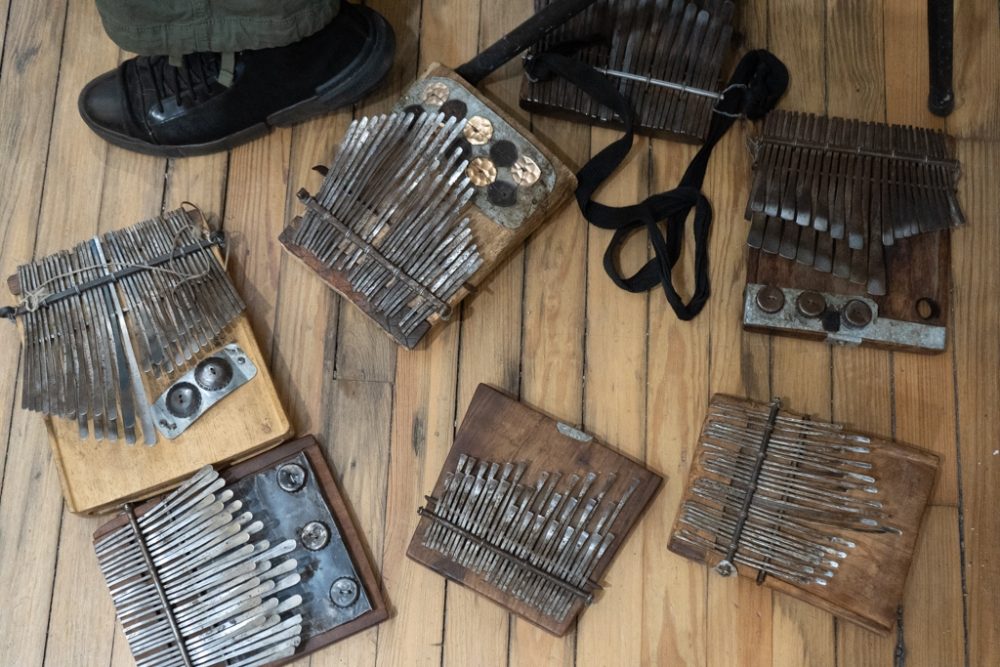
Related Audio Programs
